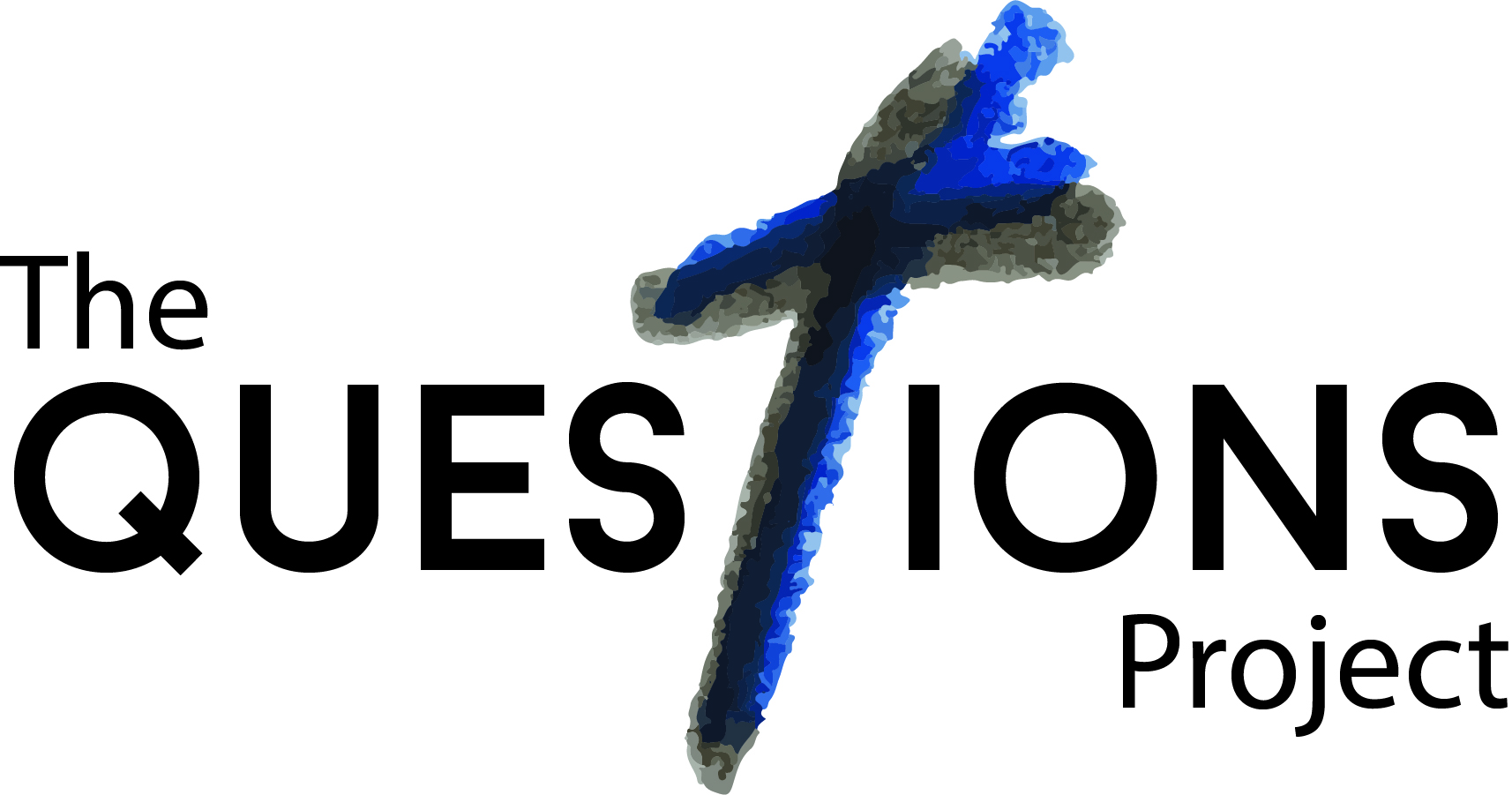You would think, with the amount of data that we collect these days—polling data, customer data, climate data, economic data, geological data, astrological data, medical data— that we would have a crystal clear picture of how we’re doing and where we’re headed. But more and more data doesn’t seem to help. It’s as if we’ve anxiously flicked on our high beams, hoping we’ll be able to see the road more clearly in the fog. Instead, the high-powered spotlights make our vision worse.
The pandemic arrived suddenly. It caught us unawares and refuses to let go. It is astonishing how little we knew and understood about COVID-19 when we first began noticing its spread. We continue to be flummoxed by its unpredictable effects on individual bodies. We wonder why some people endure lasting effects, while others barely notice their symptoms. We watch infection rates rise and fall.
With COVID, as with many things in life, we know much and understand little.
Before becoming a priest, a mid-life career change, I studied and taught the Russian language at several universities. If you’ve ever studied a language in a classroom, you know that you start out with a lot of memorizing. You build vocabulary; you learn rules and structures. You’re given formulaic phrases to use in everyday situations. But real conversations, those outside the walls of the classroom, can be wildly unpredictable. How many people do you know who studied a language in school, but can’t really speak it? As both a teacher and a student I learned that the key to gaining fluency, surprisingly, has less to do with how smart you are or how well you do your homework, and more to do with how you approach learning. Learning another language demands courage and perseverance. Anyone who wants to gain fluency has to risk venturing beyond the bounds of what they’ve memorized and mastered. They have to leave the safety of the classroom and head out into the unpredictable wilds of real-life conversation.
Faith is a lot like language. Faith is something people often try to master through study and memorization. We can be good students—attend church, read the Bible, participate in group projects. But, to become fluent, to make faith our own, we have to take risks. We have to take our faith out into the world and stretch the limits of what we know and understand.
As a minister, I teach and preach regularly. People ask me to teach them vocabulary, ancient prayers and practices, structured ways to handle common situations. That’s often where learning about faith starts. But I know, in my own life and in the lives of the people I pastor, the language of faith is only fully learned in live conversation with the world outside of church, on the unpredictable terrain of human life. Gaining fluency in Christianity takes courage and perseverance. It’s a lifelong effort.
For explorations about being human and the Christian life, check out my podcast, “Live Creatively, Friends!” where I dig deep into the ongoing conversation between Scripture, faith and our contemporary lives. For a brief, visual meditation on courage and perseverance during this time of pandemic, watch risk, an episode in an ongoing series about faith. Subscribe for notifications of new posts and offerings.
Draw alongside and join the conversation…
